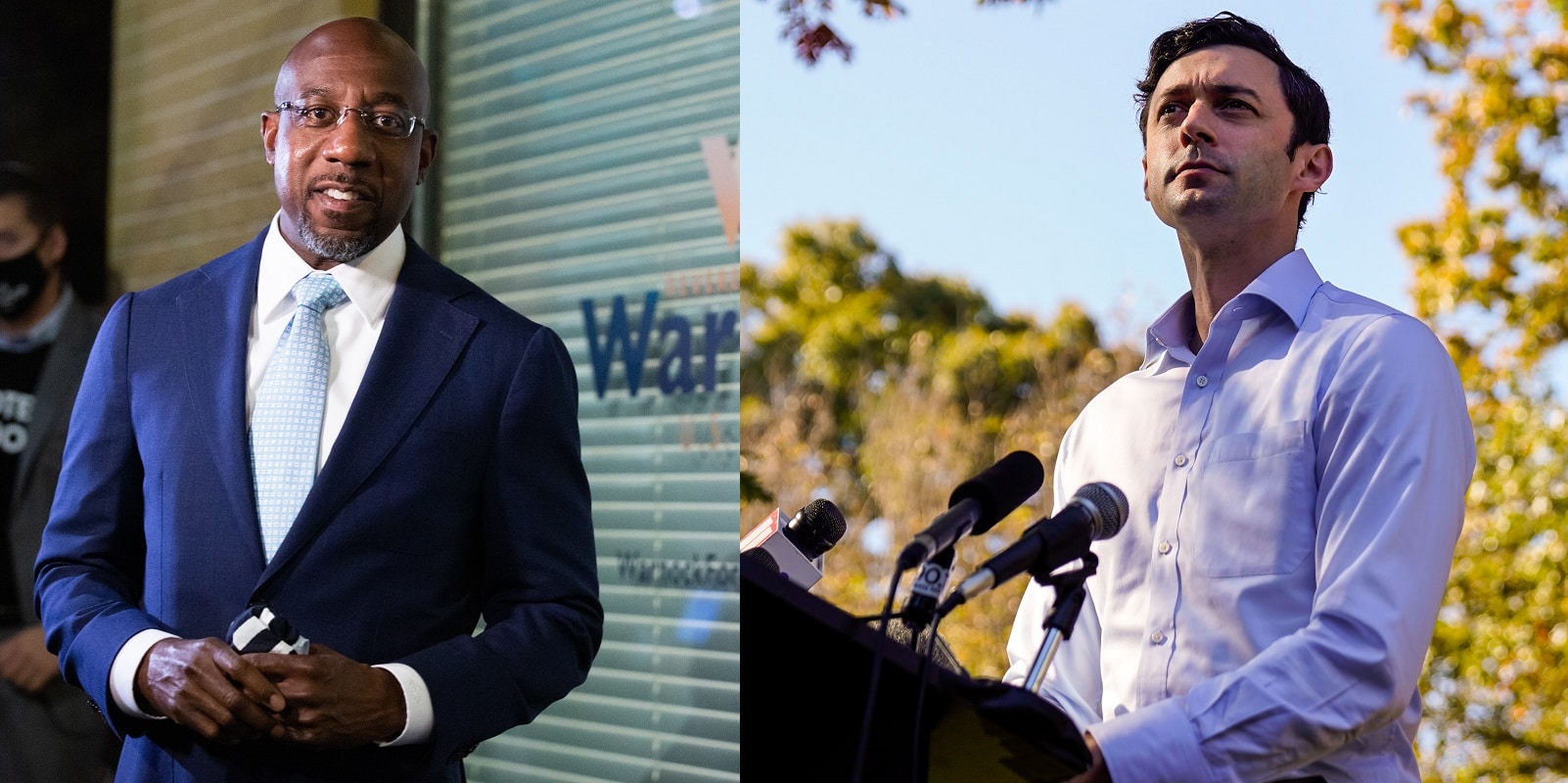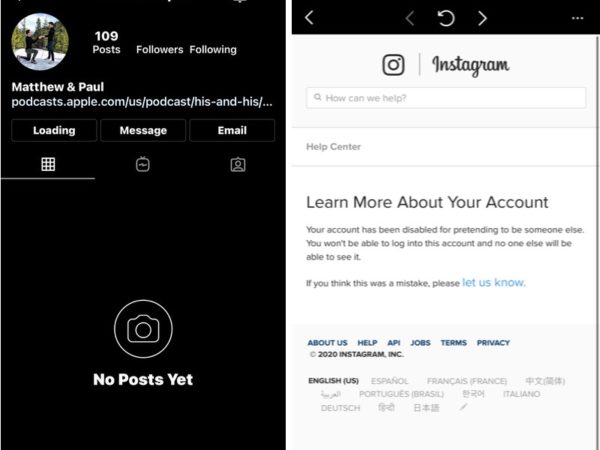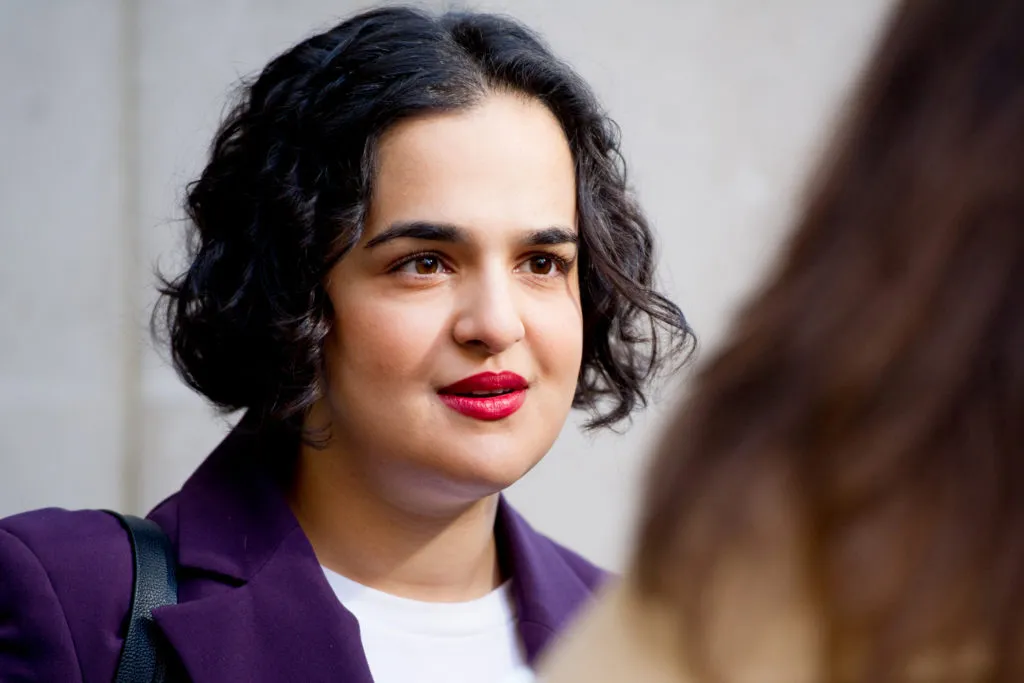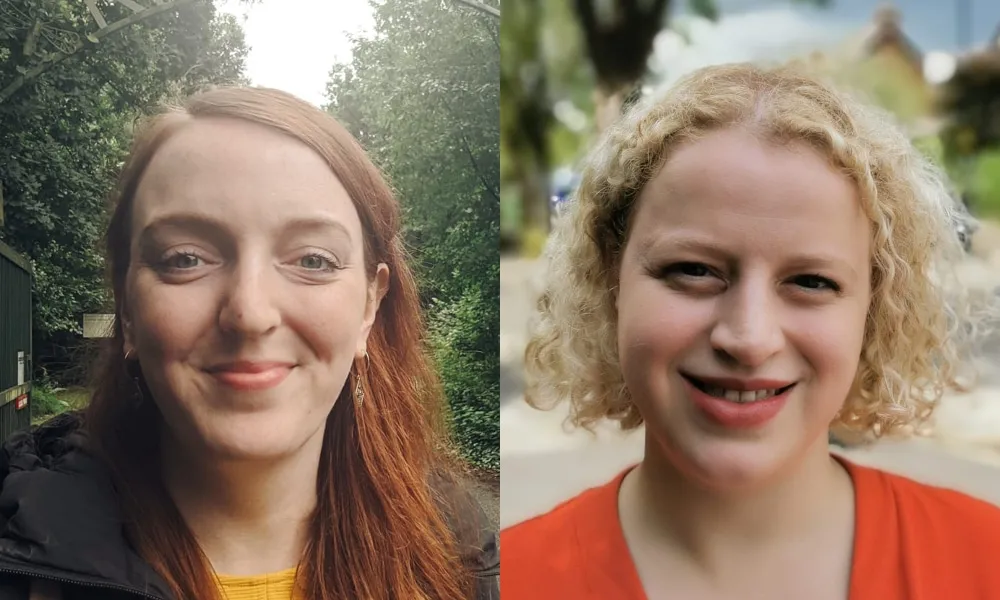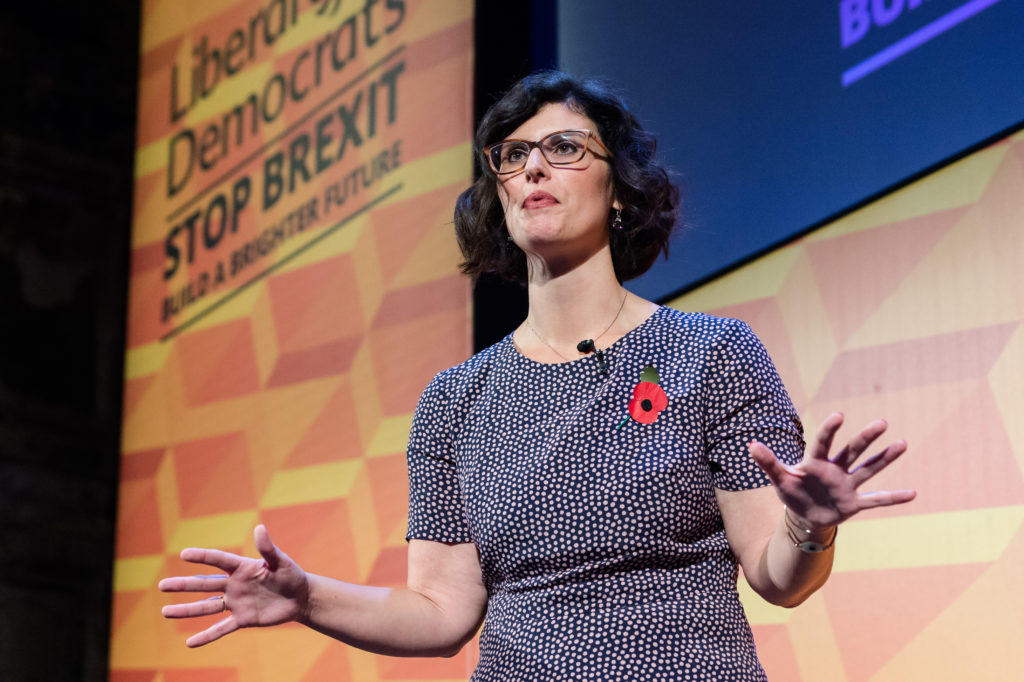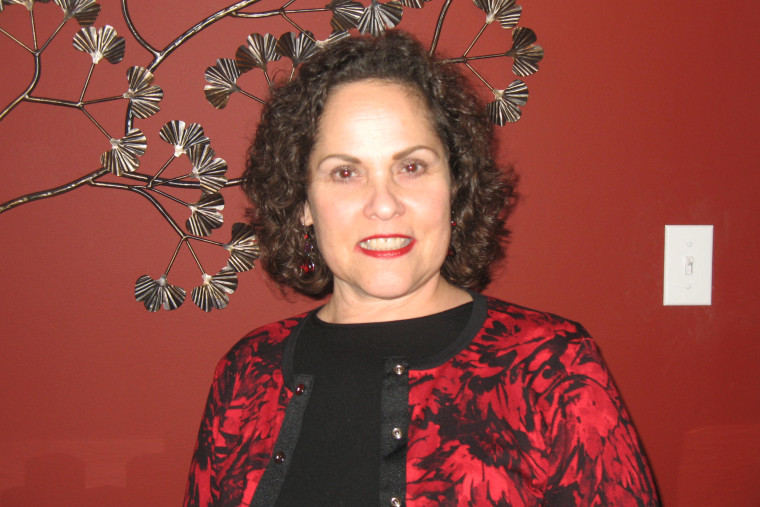Designer Alexander Wang Accused of Sexual Assault
Alexander Wang is a name synonymous with high fashion, dressing A-list celebrities from Lady Gaga to Kim Kardashian West. While Wang and his brand are mainstays on fashion week runways and red carpets all over the world, the 37-year-old designer originally from San Francisco is also known for frequenting dance floors and VIP backrooms of the hottest nightspots.
It’s in these types of locations that multiple accusers have alleged that Wang has performed nonconsensual sexual acts on them. Earlier this month, Owen Mooney, a 26-year-old model based in the United Kingdom, shared an explicit story on TikTok, accusing a “really famous fashion designer” of sexually assaulting him on the dance floor of a “packed” nightclub in New York City in 2017.
“I was by myself at one point, and this guy next to me obviously took advantage of the fact that no one could f—ing move, and he just started, like, touching me up. And fully like, up my leg, in my crotch, like it made me freeze completely because I was in so much shock,” Mooney said in the TikTok video. “I looked to my left to see who it was, and it was this really famous fashion designer. Like, I just couldn’t believe that he was doing that to me. It made me go into even more shock.”
After another TikTok user guessed in the comments that Mooney’s allegations were about Wang, in a subsequent video, Mooney named Wang as the designer, saying in part, “It’s so wrong. Now, any time I see his name mentioned … it just reminds me of what he did.”
Wang, via a representative, told TODAY in a statement: “Over the last few days, I have been on the receiving end of baseless and grotesquely false accusations. These claims have been wrongfully amplified by social media accounts infamous for posting defamatory material from undisclosed and/or anonymous sources with zero evidence or any fact checking whatsoever.”
In the days since Mooney shared his allegations on TikTok, anonymous Instagram accounts @DietPrada and @S—ModelMgmt have been sharing unverified allegations of other nonconsensual sexual acts involving Wang. Some share a similar theme where victims allege Wang laced their drinks with MDMA. TODAY reached out to these accounts but has not heard back and was unable to verify the claims.
“Seeing these lies about me being perpetuated as truths has been infuriating,” Wang continued in his statement. “I have never engaged in the atrocious behavior described and would never conduct myself in the manner that’s been alleged. I intend to get to the bottom of this and hold accountable whoever is responsible for originating these claims and viciously spreading them online.”
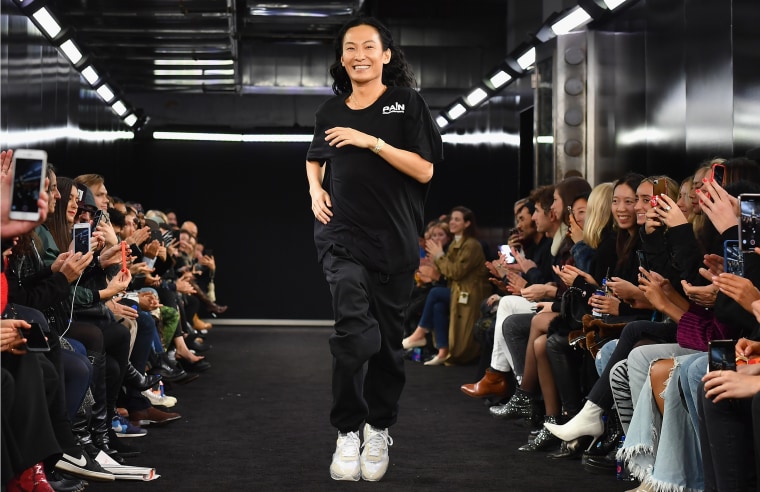
In an email interview with TODAY, Mooney says that the alleged incident with Wang took place on Jan. 21, 2017, at a party called Holy Mountain at the club Slake in New York City. That night, rapper CupCakKe was scheduled to perform.
“The club was extremely busy, and after losing my friend in the crowd I didn’t attempt to find him as it was near impossible to move around,” Mooney told TODAY. “So, I was stuck in this spot but was just excited to see CupcakKe perform. My next memory was when I was touched up, then realizing it was by Alexander Wang. He would have seen the shock on my face, I didn’t retaliate, all I wanted to do was get out of the situation. I was able to slowly move myself away, and I went closer to the stage to watch of CupcakKe.”
Mooney said that he saw Wang again later in the evening. “Later that night, I was back with my group, we were dancing and then out of nowhere Wang had been pushed into me by one of his friends,” Mooney said. “I kind of brushed it off, but he proceeded to put his arms around me and lean his head on me. I felt extremely awkward, didn’t say anything but ‘hi,’ the situation was very odd but I basically carried on dancing and ignored him until we parted ways.”
Mooney said he never saw Wang again after that night and never filed a police report. Mooney explained, “I know being touched up in a club is very common, it didn’t cross my mind to take it to the police.”
When asked if the touching could have been because the club was so packed, Mooney said: “He took advantage of the fact I was trapped next to him and he touched up my leg and in my crotch. … It was not a case of him accidentally touching me because we were next to each other.”
Mooney told friends about the alleged incident after it occurred, he said, including one named Hannah, who asked that her first name only be used because she’s nervous about the amount of press this story has received. In an email to TODAY, Hannah said Mooney called her “after the night he was at the club, because he needed to tell me what happened and I was completely shocked.”
TODAY has been unable to confirm if Wang attended the Holy Mountain party on Jan. 21, 2017. But the event was hosted by a promoter who goes by Ladyfag, with whom Wang has had a relationship. In a 2014 New York Times article, Wang said: “(Ladyfag’s) parties never feel like a specific scene.”
In the wake of Mooney’s and the anonymous allegations posted on Instagram, Wang has limited the comments on both his personal Instagram and the Instagram account for his fashion label. So far, none of the major figures who’ve been dressed by Wang have addressed the claims.
TODAY reached out to Wang’s representatives a second time regarding the story Mooney told TODAY. A spokesperson for Wang declined to comment further.
